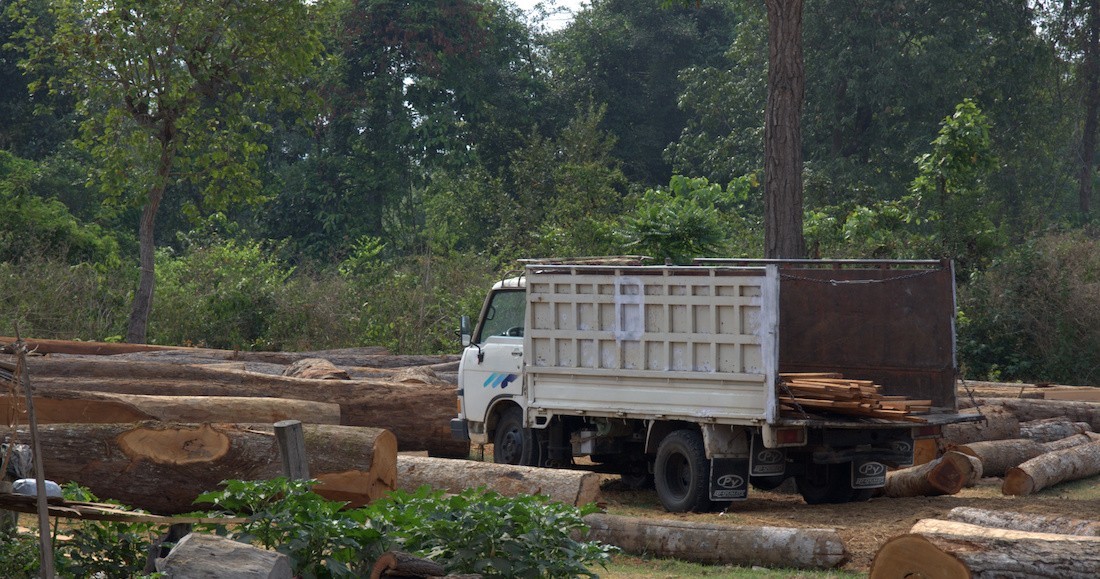New research published this week, in which Cambodia was used as the case study, has found that deforestation is associated with an increased risk of several major causes of childhood morbidity and mortality.
The study, published earlier this month in the UK-based journal Lancet Planetary Health, found that deforestation was linked to increased incidences of diarrhoea, fever and acute respiratory infection in children. That was based on analysis of data from 35,547 households from the Cambodia Demographic Health Surveys.
The data was used to investigate the relationship between health and protected areas that have been deforested in Cambodia between 2005 and 2014.
Researchers found that a 10 percent hike in the loss of dense forest was estimated to be associated with an increase of 14.1 percent in the incidence of diarrhoea in children younger than 5 years old per household.
“Cambodia is an interesting case study for several reasons,” said Thomas Pienkowski, with the National University of Singapore and the main author of the study.
“It has experienced substantial health gains in the last 15 years . . . However, it has also simultaneously experienced relatively high rates of environmental changes, including extensive deforestation.”





